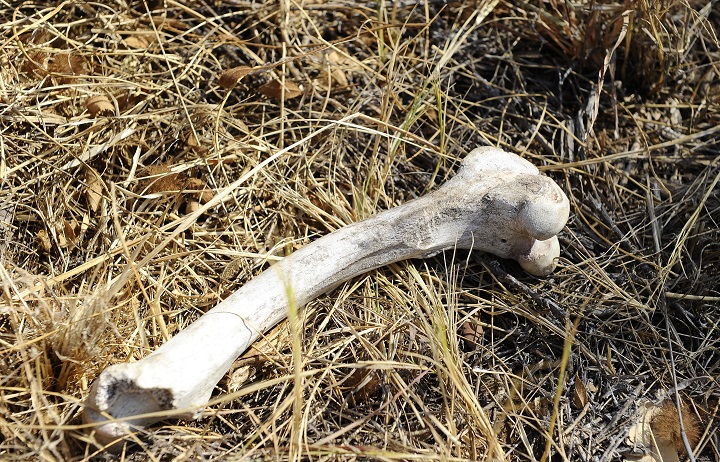JOHANNESBURG – Conservationists are warning of a new potential threat to Africa’s wild lion population: The increasing use of lion bones to replace tiger bones in traditional medicine in Asia.

A study released last month says the lion bone trade, which has surged since around 2008, is mostly based on the legal hunting of captive-bred lions in South Africa, with negligible impact on the country’s wild lion population.

Get daily National news
Dr. Vivienne Williams, a researcher at the University of Witwatersrand in Johannesburg and the lead author of the lion bone study, said Monday that more research is needed to determine whether the “harvesting” of lion bones may be occurring elsewhere in Africa.
Lions are designated as vulnerable on an international “red list” of species facing threats.

Comments